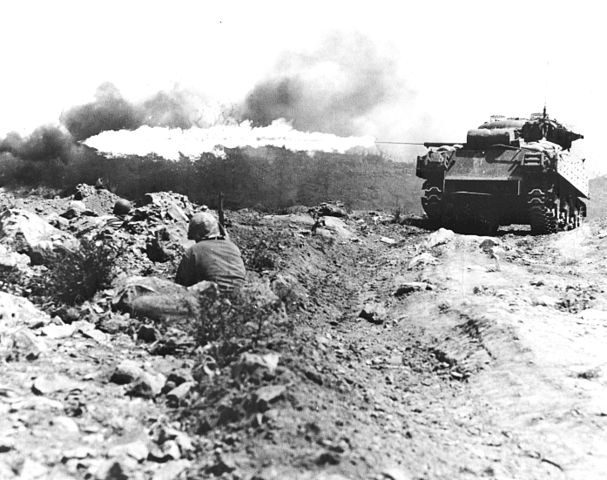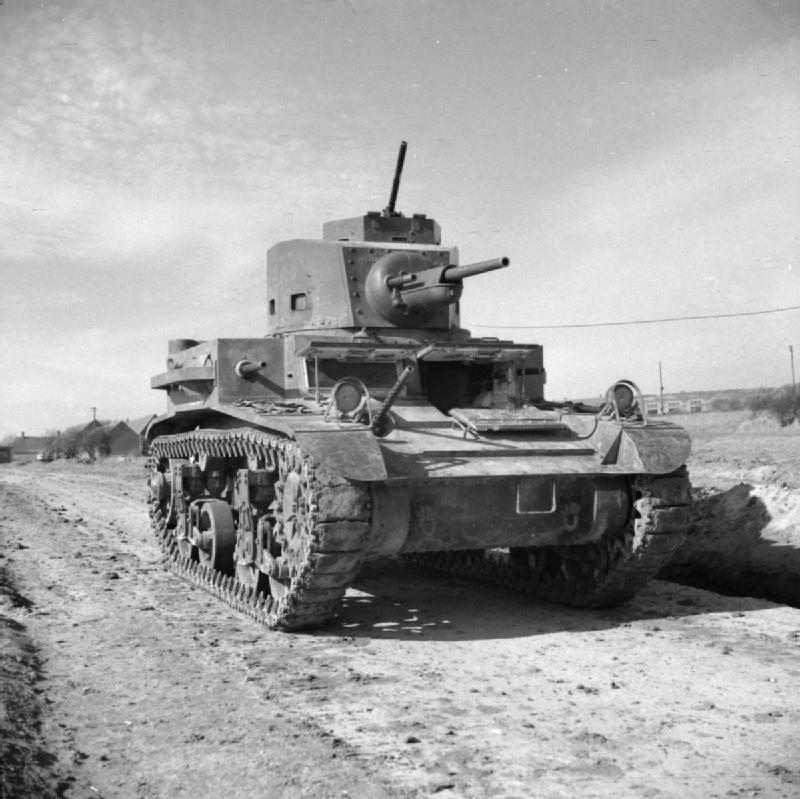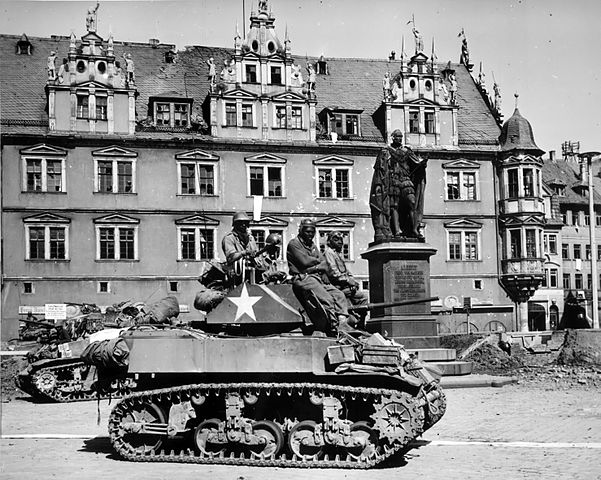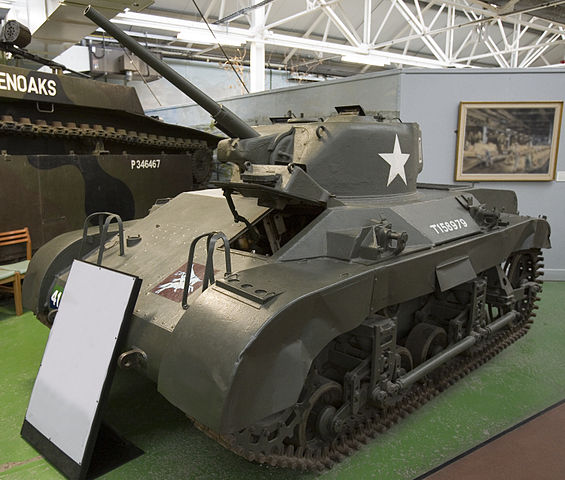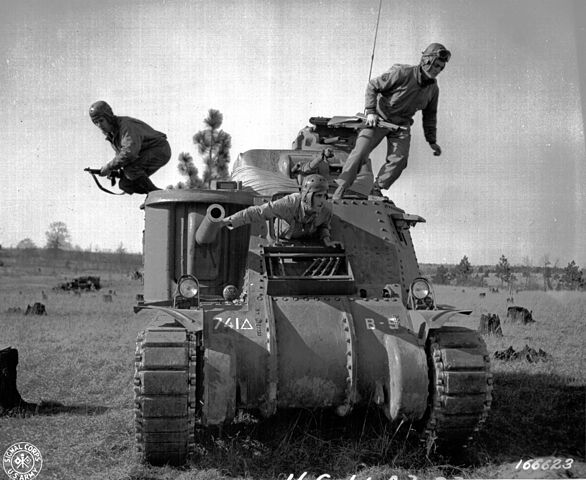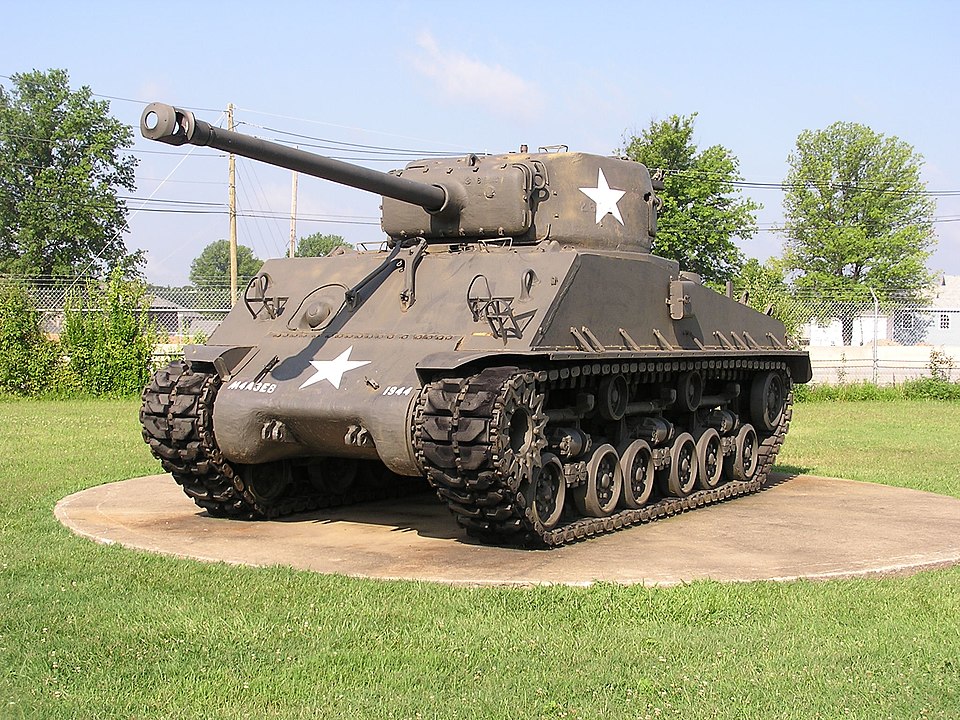U.S. WW2 Tanks
U.S. WW2 Tanks
Overview
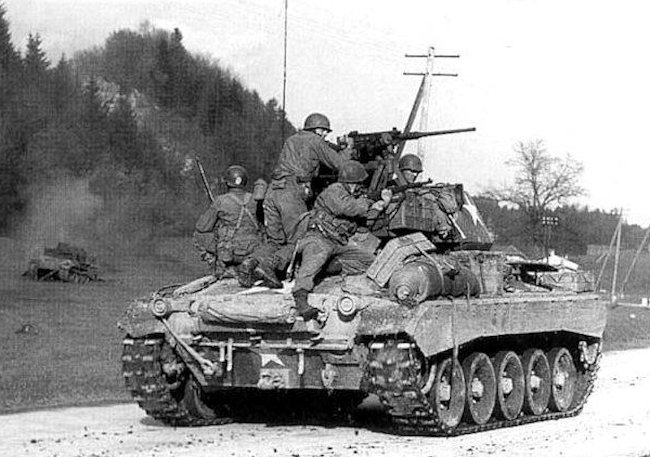
Picture: P131
Picture: P1
World War2 saw armored clashes on a scale never seen before or since. Tanks were a significant factor in most of the main fighting theatres, from North Africa to Russia and northern France.[2] With Patton, Rommel and Montgomery leading the charge the tank became a critical weapon in all major European and Pacific conflicts.
>> Light Tanks
M2 light tank
Picture: P3
By December 1941, the M2A1, M2A2 and M2A3 were used for training only. The majority of M2A4s, which went to the US Army, were also used only for training between 1940 and 1942. [101] 50 M2A4’s saw action in Guadalcanal with the US Marine Corps 1st tank battalion, and 36 of the 100 British M2A4s originally ordered in early 1941 (later cancelled for the M3) were shipped to North Africa, then given to the British Army’s 7th Hussars and 2nd Royal Tank Regiment, to be sent to India and fight during the Burma campaign. During the most contested fight they dealt with IJA’s 14th Tank Regiment. [102]
| Name | M2 Light Tank |
| Manufacturer | Rock Island Arsenal |
| Produced | 1935–42 |
| Number built | 696 |
| Weight | 11.6 tons |
| Armament | |
| Armor | 6-25 mm (0.24-0.98 in) |
M3 Light Tank and M5 Light Tank
Picture: P111
The M3 was more improved from the M2 and saw action from 1941-43, especially in North Africa. The much improved M5
The 13,800 M3s built saw action extensively throughout all Allied operational theaters, from North Africa in 1942 to the Pacific in 1945. The M3s found themselves largely employed in the Pacific (while being replaced by the M24 Chaffee in Europe), mostly due to the conditions found there. [112]
The much improved M5 featured a redesigned hull with a raised rear deck over the engine compartment, sloped glacis plate and driver’s hatches moved to the top. Although the main criticism from units using the Stuarts was that it lacked firepower, the improved M5 series kept the same 37 mm gun. The M5 gradually replaced the M3 in production from 1942 [114]
| Name | M3 / M5 Light Tank |
| Manufacturer | |
| Produced | 1941–1944 |
| Number built | 22,744 M3 and M5 |
| Weight | 11.6 tons |
| Armament |
|
| Armor | From 13 to 51 mm (0.52-2 in) |
The M22 Locust was an American-designed airborne light tank which was produced during World War II. [122]
The M24 Chaffee was intended to replace the ageing and obsolete Light Tank M5 (Stuart), which was used in supplementary roles. The M24 started to enter widespread use in December 1944, but they were slow in reaching the front-line combat units. By the end of the war, the light tank companies of many armored divisions were still mainly equipped with the M3/M5 Stuart. Some armored divisions did not receive their first M24s until the war was over[132]
>> Medium Tanks
M3 Lee / Grant Tank
Picture : P201
The M3 Lee, officially Medium Tank, M3, was an American medium tank used during World War II. The turret was produced in two forms, one for US needs and one modified to British requirements to place the radio next to the commander. In British Commonwealth service, the tank was called by two names: tanks employing US pattern turrets were called “Lee”, named after Confederate general Robert E. Lee, while those with British pattern turrets were known as “Grant”, named after Union general Ulysses S. Grant. [205]
| Name | M3 / M5 Light Tank |
| Manufacturer | |
| Produced | Aug.1941 – Dec.1942 |
| Number built | 6,258 |
| Weight | 30 short tons |
| Armament |
|
| Armor | From 30 to 51 mm (1.18-2 in) |
M4 Sherman tank
Picture : P211
The M4 Sherman was the most produced and used tank in the World War. It achieve legendary status due to its reliability, relatively low cost to produce, and was available in great numbers. The M4 Sherman was a step up from the M3 and M5 tanks but was still inferior to the German tanks however she had speed and was much more reliable than the German counterparts.
The Sherman’s were used in all theaters of the War and proved itself to be an incredible war asset to the Allies. The German tanks were superior is most aspects but the amazing numbers of Sherman’s produced and the serviceability made this the M4 Sherman the most successful tank in World War 2.
| Name | M4 Sherman tank Light Tank |
| Manufacturer | |
| Produced | Feb. 1942 – July 1945 |
| Number built | 49,234 |
| Weight | 33.4-42.0 short tons |
| Armament |
|
| Armor | Maximum 76 mm (3 in) |
REFERENCES
Picture Credits:
- *Hero picture: Public Domain, https://commons.wikimedia.org/w/index.php?curid=167330
- (P1) BBy Life Magazine photographer Mark Kauffman (1922-1994) (Official USMC photograph) – Department of Defense Photo (USMC) 140758, Public Domain, https://commons.wikimedia.org/w/index.php?curid=606763
- (P3) By United States Army Air Forces – Thompson, Scott (2011), Final Cut: The Post-War B-17 Flying Fortress and Survivors (4th Edition), Pictorial Histories & Aero Vintage Books ISBN-10: 1575101564, Public Domain, https://commons.wikimedia.org/w/index.php?curid=20649668
- (P111) By U.S. Navy – U.S. Navy National Museum of Naval Aviation photo No. 2011.003.270.026, Public Domain, https://commons.wikimedia.org/w/index.php?curid=24589126
- (P121) By Max Smith – Self-photographed, Public Domain, https://commons.wikimedia.org/w/index.php?curid=1684013
- (P131) By J. Mesko M24 Chaffee in action. — Squadron/Signal Publications, 1988. ISBN 0-89747-205-5, Public Domain, https://commons.wikimedia.org/w/index.php?curid=3990222
- (P201) Public Domain, https://commons.wikimedia.org/w/index.php?curid=350922
- (211) By BonesBrigade at English Wikipedia, CC BY-SA 3.0, https://commons.wikimedia.org/w/index.php?curid=7677157
Text Credits:
- ** Top Image: The USS Yorktown is hit on the port side by a torpedo launched from a plane off the Japanese aircraft carrier Hiryu during the Battle of Midway on June 4, 1942. (Image: National Archives and Records Administration, 80-G-414423.)
- (2) https://www.iwm.org.uk/history/the-vital-role-of-tanks-in-the-second-world-war
- (3)https://aerocorner.com/blog/airplanes-in-ww2/#:~:text=During%20WW2%2C%20the%20primary%20missions,similar%20airplanes%20filled%20multiple%20roles.
- (101) http://www.aviation-history.com/curtiss/p40.htm
- (102) https://www.tanks-encyclopedia.com/ww2/US/M2_Light_Tank.php
- (114) https://en.wikipedia.org/wiki/M3_Stuart
- (122) https://en.wikipedia.org/wiki/M22_Locust
- (132) https://en.wikipedia.org/wiki/M24_Chaffee
- (205) https://en.wikipedia.org/wiki/M3_Lee
Resources / Websites
- https://en.wikipedia.org/wiki/List_of_aircraft_of_World_War_II
- https://www.militaryfactory.com/
- http://acepilots.com/planes
- The Pacific War Online — http://www.pwencycl.kgbudge.com/F/4/F4F_Wildcat.htm
- Smithsonian Museum — https://www.si.edu/spotlight/wwii-aircraft
- https://www.warhistoryonline.com
- http://www.aviation-history.com/


